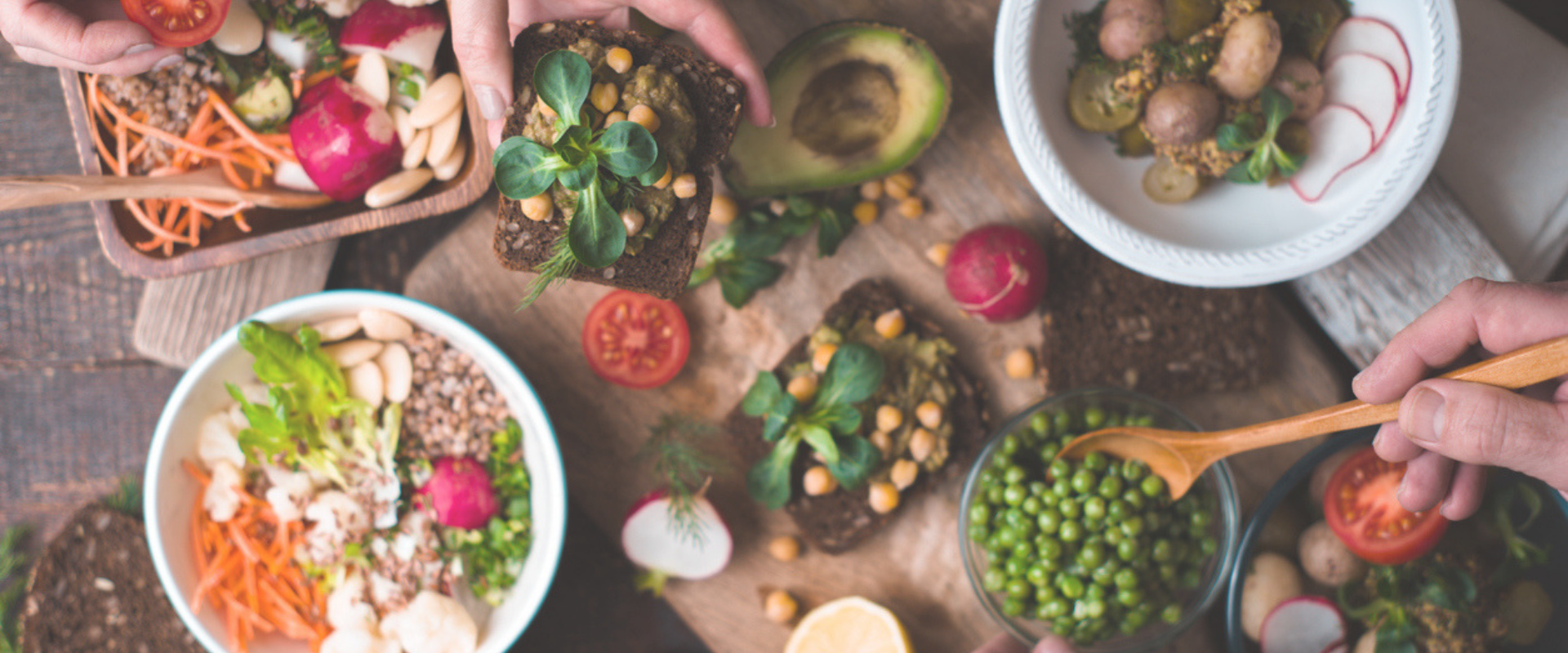As public awareness increases surrounding environmental issues, as well as the often-discomfiting realities surrounding factory farming, more people around the world are turning away from meat-based diets. Vegetarian diets have been common in many cultures for a long time, but more recently the concept of a vegan diet has begun attracting attention. But what is veganism, and how easy is it to find vegan restaurant in Bangkok?

Living on a plant-based diet
While vegetarians avoid eating all forms of meat, vegans go a step further and remove all animal products from their diet. This choice is often based on a principled opposition to all forms of farming, which is seen as exploitative or wanting to live a healthier lifestyle.
Care for the environment is another commonly cited factor influencing people to become vegan in Thailand, as all forms of farming involve pollution as well as a loss of land area that could be more efficiently used for growing plants.
But a commitment to veganism requires a major change in the way people eat. Eggs, honey, milk and any other food that has been produced by an animal is off the table in a vegan diet. By extension, most restaurant food also represents a violation of principles; even putting some butter on toast is against the principle of veganism.
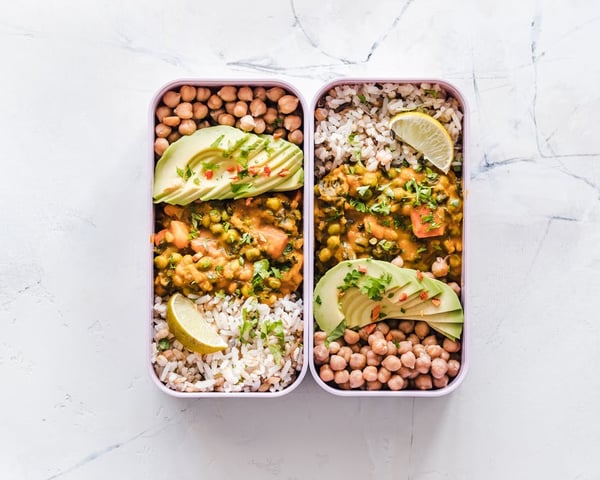
Instead, vegans can create a fully balanced meal with plant-based ingredients. A strong understanding of nutrition is necessary to ensure that you receive enough vitamins, minerals and amino acids – and a talent for food preparation is needed to add enough taste and variety to your diet.
Vegans rely on beans, lentils, peas, nuts, seeds, mushrooms, fruits, grains, various vegetables and soy products for much of their diet, often using rice or pasta as a base. These can be combined into soups and salads, sandwiches, potato-based dishes, oatmeal, tofu and other meat substitutes.
Getting the hang of the vegan diet can be difficult at first, and much time will be spent scanning the ingredients of packaged items at the supermarket. But over time, it is possible to develop a richly satisfying menu of vegan recipes, particularly in a country like Thailand. In fact, many restaurants in Bangkok have already done it.
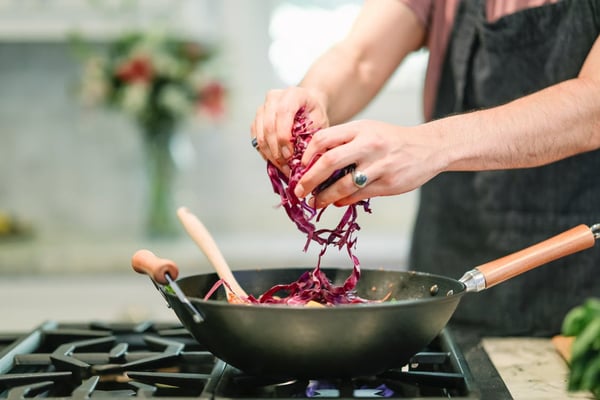
Being vegan in Thailand
There are plenty of vegan restaurant in Bangkok, if you know where to look for them. Broccoli Revolution, on Sukhumvit between Phrom Phong and Thong Lo, features a relaxing natural atmosphere and a great selection. Veganerie Concept and Govinda Italian Restaurant, both near Benjasiri Park, are also excellent choices.
May Veggie Home and Crane Café offer terrific thai dishes in a comfortable environment, and are located near Asok and Phrom Phong BTS stations respectively. Alongside Khao San Road, Ethos Vegetarian and Vegan Restaurant caters well to the backpacking crowd travelling in Thailand.
Too find more hotspots for vegan food, head over to the Happy Cow website. They have listings of vegan and vegetarian restaurants around the world.
It is worth consulting a Thai phrasebook, or pre-loading some useful terms in Google Translate, before venturing out into restaurants and markets that aren’t labelled ‘vegan’ in Thailand. For example, the Thai phrase “gin jae” (pronunciation), means “I eat vegetarian”. The concept of veganism hasn’t quite caught on, although vegetarianism is fairly well understood and can be found in many food courts. Many Thais, incidentally, are lactose intolerant, so questions about dairy products will be familiar to food sellers.
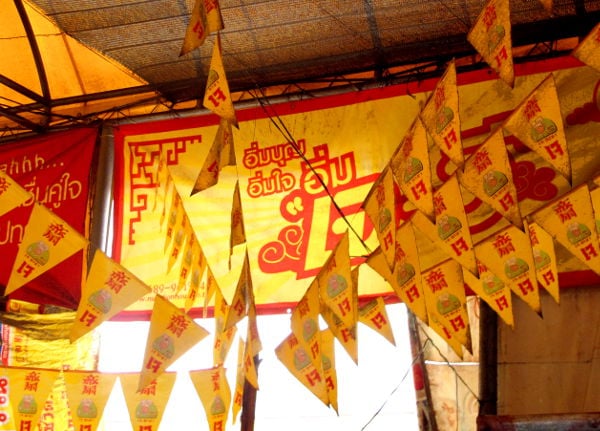 Photo Credit: Vegan Food and Travelling
Photo Credit: Vegan Food and Travelling
Living well as a vegan in Thailand
Despite popular misconceptions, plenty of different types of diets are available to vegans. Raw vegan food, whole food and high-carb food, each attract vegans around the world. Whichever diet you choose, it is essential to make sure that all of your body’s basic nutritional requirements are met.
Researchers have found that many vegans have lower than normal levels of iron, B12, calcium, vitamin D and omega-3 fatty acids in their bodies. Vegans must take special care to find alternative sources of these nutrients. If you decide to make the switch to a vegan diet, we recommend consulting a doctor about the move, and following their advice on the type of vegan diet you should adopt.
Vegan diets can help people lose weight, particularly if they are accompanied by a healthy exercise regimen. Studies have also suggested that people following plant-based vegan diets tend to have healthier blood sugar levels, leading to a lower risk of type-2 diabetes.
On the other hand, such results are not uniform among all vegans. The lack of animal-based foods available has caused many vegans to turn to processed foods for convenience, and these can be high in sugars and fats. Vegans, like any other group of people, need to watch what they eat in order to provide their bodies with the right material for healthy living.
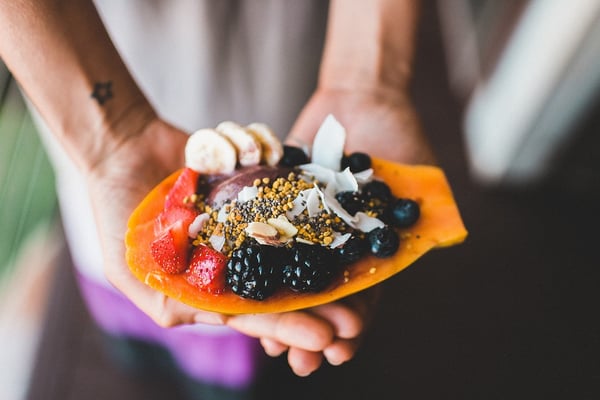
Final thoughts
Food is central and vital to body functions, and a radical change in diet should not be taken lightly. It is important to monitor your body’s responses frequently and carefully after any sustained change in nutritional intake.
We therefore recommend establishing a good understanding between you and your doctor, to ensure that you receive regular checkups and are tested for appropriate medical conditions both before and after a change in your diet. Reliable health insurance, such as the packages offered by Luma, can facilitate doctor’s appointments in high-quality hospitals, and provide care when you need it.
For more about Luma’s comprehensive personal health insurance, contact us today.
.png)
